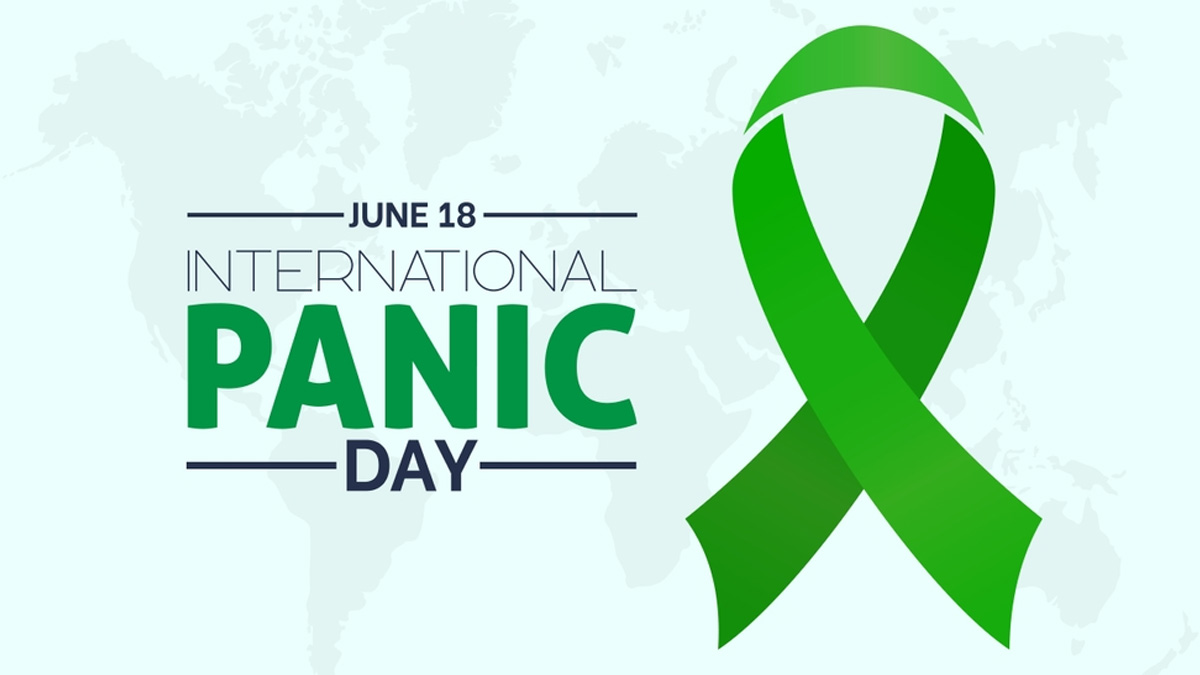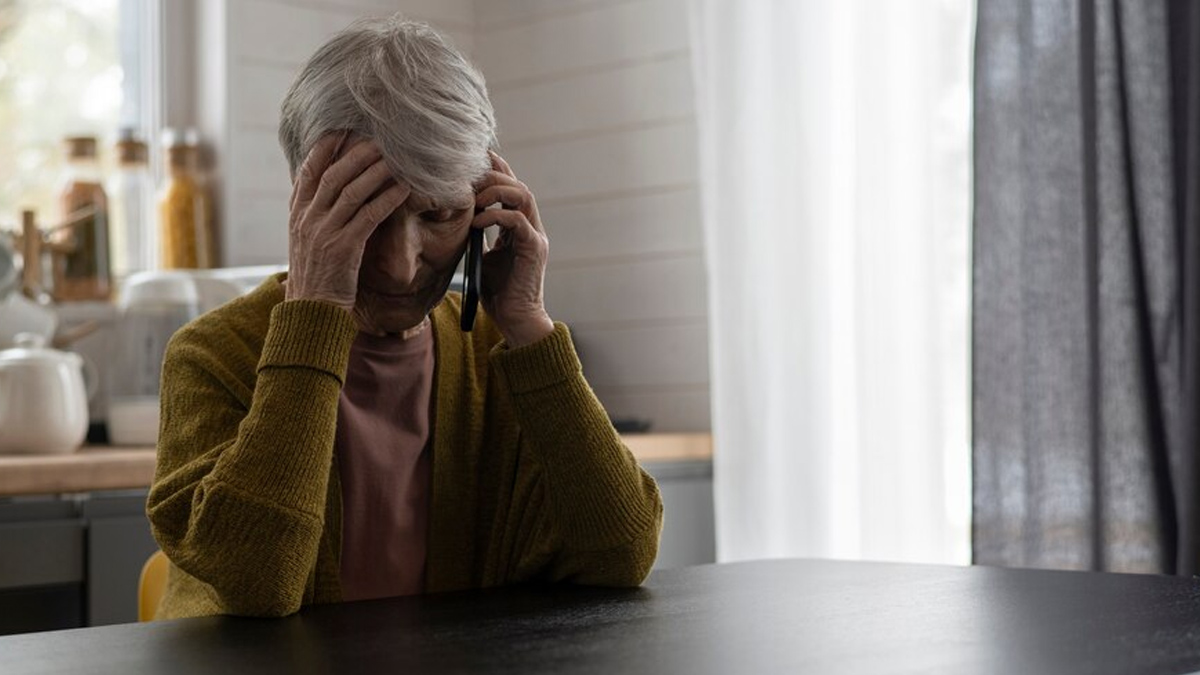
International Panic Day, recognised annually, serves as a crucial reminder to prioritise mental health awareness. While panic attacks and anxiety disorders can affect anyone, senior citizens often face unique challenges that can exacerbate these conditions. Retirement, health concerns, and loss of loved ones can all contribute to feelings of isolation, vulnerability, and anxiety in our elders.
Table of Content:-
Today, let's shift our focus to their well-being. Here are 6 key strategies you can implement to support the mental health of senior citizens, not just on International Panic Day, but throughout the year.
Foster Open Communication: Breaking the Silence
Many seniors may be hesitant to discuss mental health concerns, fearing judgment or dismissal. The first step towards supporting their well-being is creating a safe space for open communication. Here's how you can achieve this:
- Express genuine care and concern: Let them know you're there for them and that their feelings matter.
- Normalise mental health conversations: Discuss mental health openly and naturally, encouraging them to share their experiences without fear of stigma.
- Use empathetic language: Validate their emotions by saying things like, "It sounds like you're feeling overwhelmed, and that's okay."
- Actively listen: Give them your full attention and avoid interrupting. Show genuine interest in what they have to say.
By creating this safe space, you empower your senior loved ones to express their anxieties and concerns, allowing you to better understand and address their needs.

Encourage Physical Activity: The Body-Mind Connection
Exercise isn't just about physical fitness; it's a powerful tool for boosting mood and reducing anxiety. Even gentle activities like walking, swimming, or yoga can have a significant positive impact. Here are some ways to make physical activity more enticing for seniors:
- Find an activity they enjoy: Explore options that match their interests and physical capabilities. Discuss possibilities like dance classes, water aerobics, or gentle yoga routines.
- Make it social: Encourage them to participate in group exercise programs, allowing them to socialise and connect with others.
- Lead by example: Join them for walks, bike rides, or light workouts. Your participation can provide motivation and create a sense of shared experience.
- Focus on small, achievable goals: Celebrate their progress, no matter how small. Even a short walk around the block can be a significant step towards better mental and physical health.
According to Harvard Medical School, regular physical activity releases endorphins, natural mood elevators that can significantly reduce anxiety symptoms.
Nurture Social Connections: Combating Isolation
Social isolation is a major risk factor for anxiety and depression in seniors. As social circles shrink due to retirement, health concerns, or the loss of loved ones, feelings of loneliness and isolation can intensify. Here are some ways to foster social connections:
- Encourage them to stay connected with friends and family: Schedule regular phone calls, video chats, or in-person visits.
- Explore senior centres and social groups: Many senior centres offer activities, workshops, and social events that cater to diverse interests. Help them find a group they'll enjoy.
- Embrace technology: Encourage them to connect with friends and family online through social media or video chat platforms.
- Help them develop new hobbies: This can be a fantastic way to meet new people who share similar interests. Join a local book club, art class, or gardening group together.
Social interaction is vital for mental well-being. By nurturing their connections with loved ones and fostering new relationships, you can help combat feelings of isolation and loneliness.
Also Read: Anxiety Attacks vs. Panic Attacks: Know The Difference Between Them

Create a Calming Environment: A Sanctuary for Peace
A safe and comfortable living space can significantly impact a senior's mental well-being. Here are some ways to create a calming environment for them:
- Ensure proper lighting: Adequate lighting can improve mood and reduce anxiety, especially during the winter months when natural light may be limited.
- Minimise clutter: Clutter can be overwhelming and increase the risk of falls. Help them declutter their living space to create a sense of order and calm.
- Incorporate calming elements: Soft lighting, soothing music, and nature sounds can create a peaceful atmosphere. Invest in comfortable furniture and declutter areas they spend most of their time in.
- Ensure safety features: Install grab bars in bathrooms, remove tripping hazards like loose rugs, and consider adding nightlights to promote safety and reduce anxiety.
According to a study published in the International Journal of Environmental Research and Public Health, a calming environment reduces stress and promotes feelings of security, contributing significantly to their overall mental well-being.
Also Read: Coping Strategies for Managing Panic Attacks: What to Do When Anxiety Strikes
Let's move beyond just acknowledging International Panic Day. By fostering open communication, encouraging physical activity, nurturing social connections, creating a calming environment, and seeking professional help when needed, we can build a supportive network for our senior citizens. In doing so, we empower them to manage their anxiety, navigate life's challenges with greater resilience, and embrace a more fulfilling and joyful existence. Remember, a calmer and more fulfilling life for our elders starts with our commitment to understanding and supporting their mental well-being.
Also watch this video
How we keep this article up to date:
We work with experts and keep a close eye on the latest in health and wellness. Whenever there is a new research or helpful information, we update our articles with accurate and useful advice.
Current Version